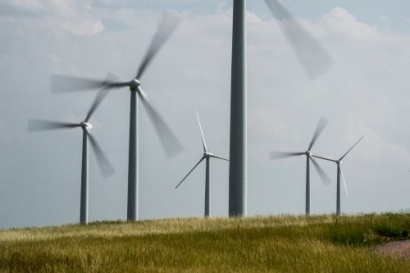
Newer (post-2016) wind farms fared much better with offshore wind farms load factors averaging 55%. These are some of the highest load factors recorded since the latter end of 2015.
The graph at the bottom of the article shows the monthly average load factors for wind technologies, across a sample of around 120 sites and is distinguished between offshore and onshore wind technologies, as well as by the commissioning year of the sites.
Lucy Dolton, analyst at Cornwall Insight, said, “There is a clear trend for higher load factors from newer sites which is likely down to the utilization of larger turbines. In fact, further research by Cornwall Insight shows some of the newest offshore and onshore sites saw monthly average load factors close to, or above, 70% for the month of January, and on some days approached 100%.
“With a further 1.1GW of new offshore wind capacity expected to be operational by April 2020 and with government aims to have 40GW of offshore wind by 2030 (up from today’s 10.8GW), these wind output records are likely to be broken more frequently.
“Although decarbonization of the electricity mix is wholly positive, ever-higher levels of wind output are not without its impacts. During periods of high wind output, the subsequent lower wholesale prices put some sites at risk of cannibalizing their revenues and can even lead to negative prices, as seen in December.”


